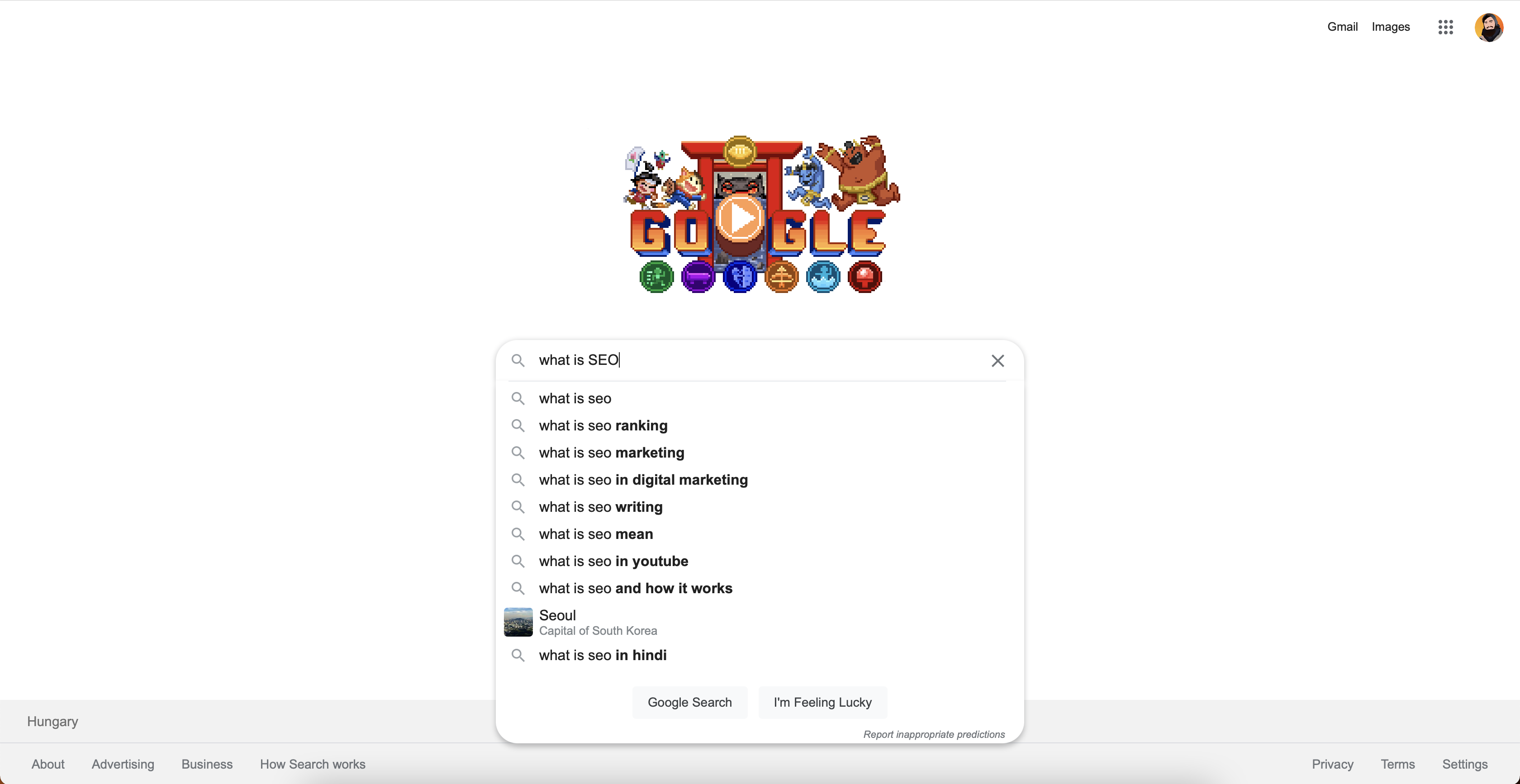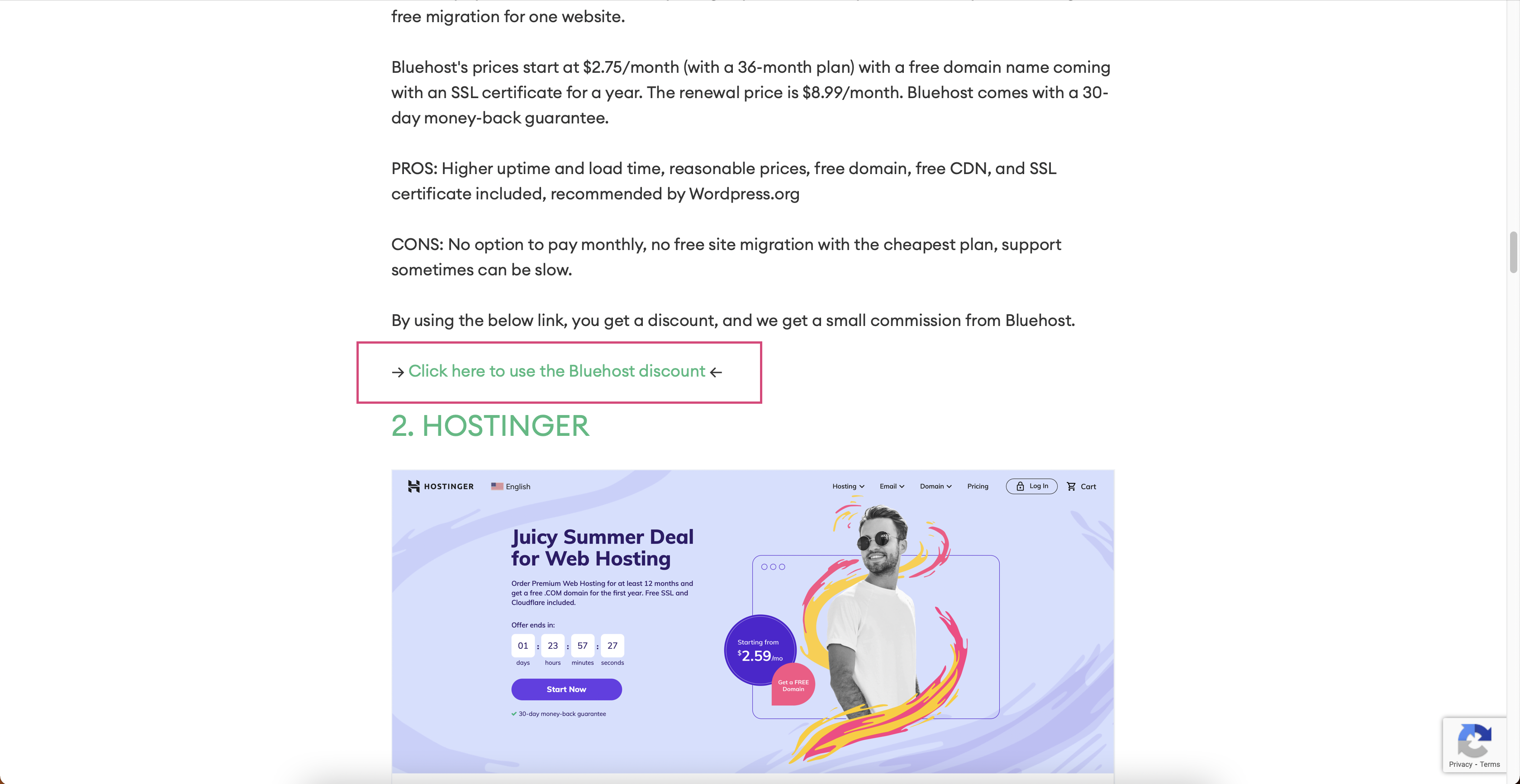Why WordPress SEO is important

If you are following our blog constantly, we have already got basic concepts of the WordPress website and its functions. However, before proceeding deep understanding of WordPress website development, there are some crucial elements that you must know.
One of them and the essential element is SEO. We have a particular dedicated topic for SEO optimization. However, this article will give a brief overview of WordPress SEO and answer why WordPress SEO is important.
As of today, millions of different types of websites operate on the Internet. In fact, the original ideas and topics are not that much; the produced contents are almost similar. Then how can you make a difference? How can you get a spot in the search engines and attract people's attention? The answer is simple: Your WordPress website can get over a million monthly visits from Google search alone if you make SEO optimization one of your most effective strategies to get the traffic.

This article will go over SEO basics and cover things like what it is, why it's important, and how it works. The following article will be dedicated to WordPress SEO optimization, in which we will talk about essential strategies and their implementation at the right time.
All right, let's kick things off with the SEO basics. We'll talk about what search engine optimization is, why it's important and how Google works. SEO stands for search engine optimization, and it's the process of optimizing content to be discovered through a search engine's organic search results.
How SEO works?
If you're entirely new to SEO, it's easiest to think of search engines as libraries. But instead of storing books, they store copies of websites and web pages. So when you search for a query, the search engine will then look through all pages in its index and return the most relevant results.
Moreover, SEO helps demonstrate to search engines that your page is that result.

Now, you might be thinking: why should I focus on SEO when there are so many other marketing mediums? Well, three important things attract marketers to search engine optimization, making SEO the best traffic source.
1. Unlike paying for ads, search traffic is free.
2. Organic traffic is typically consistent once you're ranking high.
Whereas other mediums like social media and email marketing often result in traffic spikes that usually end up fading to nothing. It makes sense because social media networks are designed to surface fresh content. Emails often get marked as read, forgotten, or land in the spam box. In contrast, search traffic is a result of users actively searching for information. The number of searches for a given topic is typically consistent month to month.
3. You have the opportunity to reach massive audiences you wouldn't have access to otherwise.
There were nearly 4.39 billion internet users worldwide in the near past, and almost 4 billion of those people are Google users. This is why search engine optimization is an 80 billion dollar industry and why marketers from all walks of life are adopting and pursuing it today. Everyone wants their business to get discovered, and SEO is the perfect way to do that.
How does Google work?
Now, let's briefly talk about how Google works. There are two parts to this. The first is crawling and indexation. These two things are what allow Google to discover web pages and create their search index.
So to attain information, Google uses crawlers, also known as spiders, which gather publicly available information from all over the web. The spiders will start crawling from a list of known URLs called seeds. They then follow the hyperlinks on those pages and crawl those newly discovered pages. And this process goes on and on, allowing them to collect a ton of information. They then take all of this data back to Google's servers to be added to their "search index."

If you were to search for something and Google returned every result that mentioned your words on the page, then you'd end up with bad results. This brings us to the second part, which is Google's ranking algorithm. Google has hundreds of ranking signals, and they make tweaks to their algorithm 500 to 600 times per year.
So, to be frank, no one knows exactly how their algorithm works. But they've given us clues and some guidelines to better understand the most important factors. There are several factors that you need to understand from a fundamental standpoint. First are backlinks. Backlinks are links from a page on one website to another. If other prominent websites link to a page, that's proof to be a good sign that information is well trusted. The easiest way to understand the value of a backlink is to think of them as votes. When a page receives a backlink, it's essentially another website vouching for the content on the page. The more "votes" you get from credible sources, the higher the trust.

The second is search intent, which represents the reason behind a searcher's query. If you think of Google's goal for search, their job is to return the most relevant results for any given query. With that said, you can discover search intent simply by looking at the top-ranking pages for the query you want to rank for.
For example, if you search for "slow cooker recipes," you'll see that the search results are mostly blog posts with a list of slow cooker recipes. If you try and rank a product page where you're selling a slow cooker, you won't be matching search intent, and therefore, you won't rank. Now, if we change the query to just "slow cooker," you'll see that the dominant types of pages are eCommerce category pages. So if you try and rank your blog post of slow cooker recipes, you probably won't rank because you're not matching search intent. This is a critical concept to understand, and we will give a detailed explanation in the next article.

The third is content depth. Search engines are made up of computer programs. They can't read and understand the text as people. Nevertheless, Google has poured billions of dollars into creating sophisticated technology that understands the content to a certain degree. But it's your job as a content creator to provide context about the subject.
For example, if you look at the top-ranking pages for the query "how to drive a car," you'll find that they talk about things like fastening your seatbelt, familiarizing yourself with the gas and brake pedals, adjusting your seat and mirrors, and other things that a first-time driver may not know. You want to be able to answer the searcher's query the best that you possibly can. Therefore, it should lead to content that has depth. It's important to note that depth doesn't always translate to length. For example, a topic like "how to turn off iPhone" doesn't need to and shouldn't be long. In fact, the top-ranking page is only 185 words. But the content itself solves the user's query from start to finish.

Conclusion
To sum up, Google or any search engine acts as a digital library. Unlike physical libraries, you don't have any clue on what pages you might find the necessary information.
Therefore, when you create a blog page or eCommerce website, you must define your website's niche to be able to rank higher. WordPress does not offer built-in SEO optimization, so after creating a WordPress website, your task will not end with installing themes, plugins, and uploading content.
If you don't optimize your website's SEO, you will end up being not recognized; as a result, it will be a waste of time. Stay tuned; we will give detailed information on making an optimized website and ranking higher in the search engine results.

